Born in Perth, Australia • Birth year 1974 • Studied Mathematics at the University of Western Australia in Perth, Australia • Highest Degree MSc (Research) in Pure Mathematics • Lives in London, UK • Occupation Editor of Plus magazine (http://plus.maths.org)
When I started university, I planned to be a physicist or astronomer – I can’t deny I was heavily influenced by a love of scifi! I had a great time working in a gravity wave lab one summer, but the experience also made me realise I didn’t have the patience or practical ingenuity to be an experimental scientist. I found the theory fascinating. But at the lab flanges wouldn’t seal properly and huge niobium bars couldn’t be cooled low enough – I wasn’t as fascinated by the practical experimental problem solving.
I then remembered my other film-influenced career plan of becoming an archaeologist and took courses in Australian archaeology and Greek art and architecture. I had a brilliant time but again, I realised I didn’t have the patience required for the field work and analysis. I spent weeks trying (and not really succeeding) to make sense of tray after tray of very small grubby objects that I had dug up. I loved the ideas behind both of these glamorous careers, but the actual nitty gritty doing of the work just didn’t excite me.
Academia wasn’t appealing to most of the women I had studied with.
In the meantime, I’d been doing maths all along and I loved it. Originally, I took maths because I needed it to study physics. Then I kept studying maths because it turned out to be really fun. I really liked the actual doing of the maths – playing with linear algebra, proving something in group theory – each new area we were taught was so exciting with new concepts and new language or giving familiar ideas an entirely new perspective.
I loved doing research in semigroup theory for my Master’s degree and often couldn’t wait to get back to the desk to move my work forward. Unfortunately though, I didn’t really feel part of the community of my maths department. With hindsight, I’m sure this was partly due to being one of just a few female students when I was at honours and then postgraduate level. Academia wasn’t appealing to most of the women I had studied with. When things didn’t work out with my supervisor I nearly dropped out and left academia to work as a consultant mathematician on projects in government and industry. But fortunately, my generous boss, a brilliant female professor from the department, and my good friends supported me to finish my Master’s dissertation.
(…) it was in this job, and during the writing of my Master’s dissertation, that I discovered how much I loved communicating mathematics.
My work as a consultant was varied, and despite rarely crossing paths with the maths I’d learnt at university my degree had prepared me to learn quickly and to discern the structure of a problem and how I could use available data to answer meaningful questions. My maths training also helped me to communicate with the clients and it was in this job, and during the writing of my Master’s dissertation, that I discovered how much I loved communicating mathematics.
When I moved to the UK, I knew I wanted to write about maths. I was lucky enough to get a job with the Millennium Mathematics Project (MMP), a maths and education outreach initiative based at the University of Cambridge, before I left Australia. I quickly moved into working on Plus magazine, the part of the MMP that enables anyone who is curious about maths and the world to see the maths behind current events and keeping up to date with current maths research.
To see maths so visibly making a difference in the world, and to witness the passion, creativity and dedication of the mathematicians involved has been amazing.
Twenty years later I still love working at Plus, every day learning about new maths and new applications and talking to the mathematicians who make it all happen. My brilliant co-editor of Plus, Marianne Freiberger, and I get to go on all sorts of amazing mathematical adventures. Our work has taken us around the world, we’ve spoken to brilliant mathematicians from academia and industry, we’ve written several popular science books, appeared on TV and radio and worked on documentary series for the Discovery Channel working with our colleagues at the Centre for Theoretical Cosmology. And over the last two years we’ve been lucky enough to work with epidemiologists working on the mathematical front line of the COVID-19 pandemic, helping to explain and communicate their work. To see maths so visibly making a difference in the world, and to witness the passion, creativity and dedication of the mathematicians involved has been amazing.
Things have changed a lot since I found myself as one of only a few female students at the end of my time at university.
Things have changed a lot since I found myself as one of only a few female students at the end of my time at university. Despite no longer being an academic mathematician, I feel firmly part of the maths community today. And I’m very happy that nearly half the mathematicians and researchers Plus has collaborated with over the last year are women. A new community spirit seems to be rising in many mathematics departments, heavily influenced by the experience and hard work of the female researchers already there. I hope that these networks, and projects including Her Maths Story, are helping women in mathematics find the support and the supporters they need to follow their own maths stories.
Published on April 27, 2022.

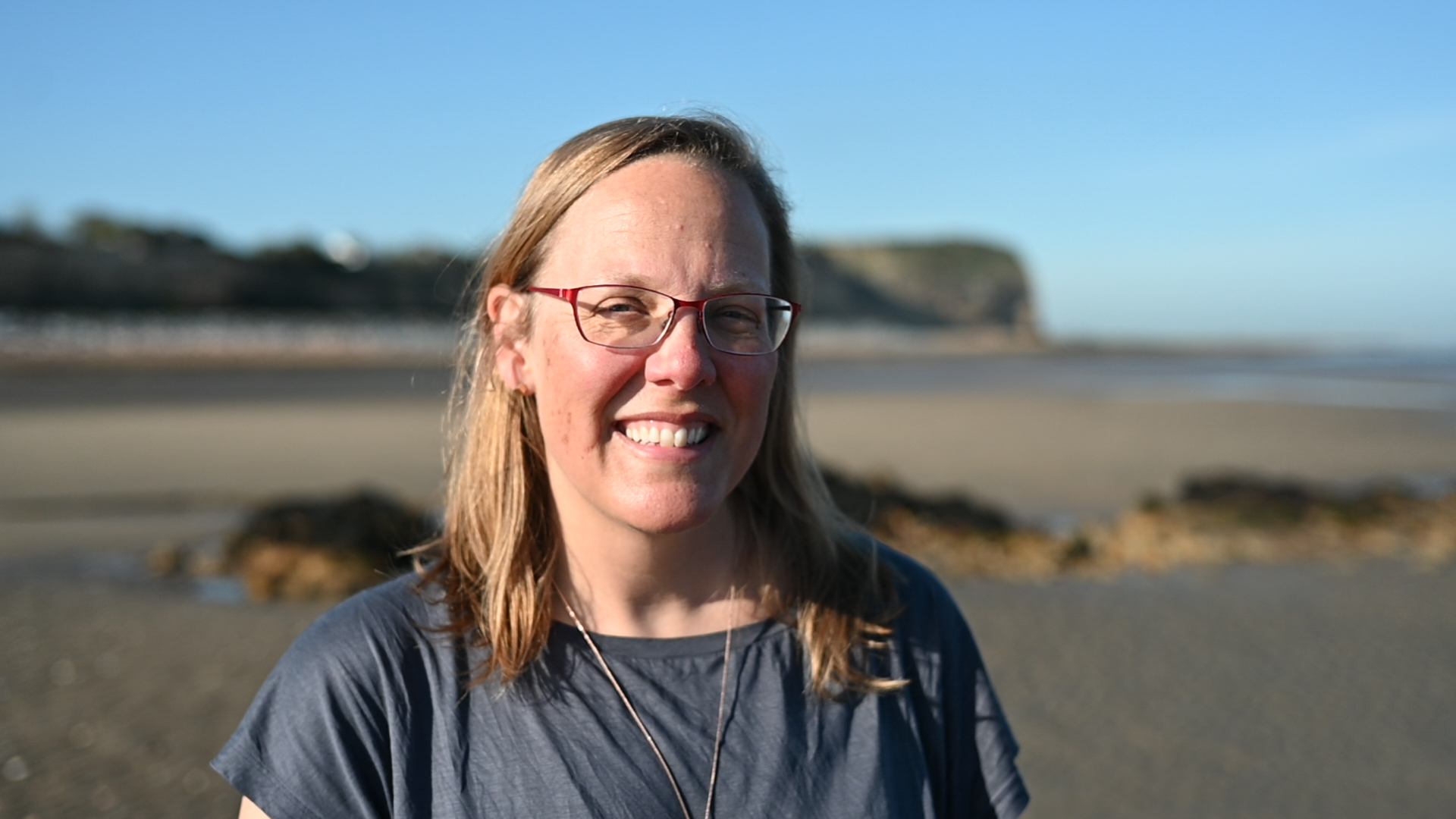
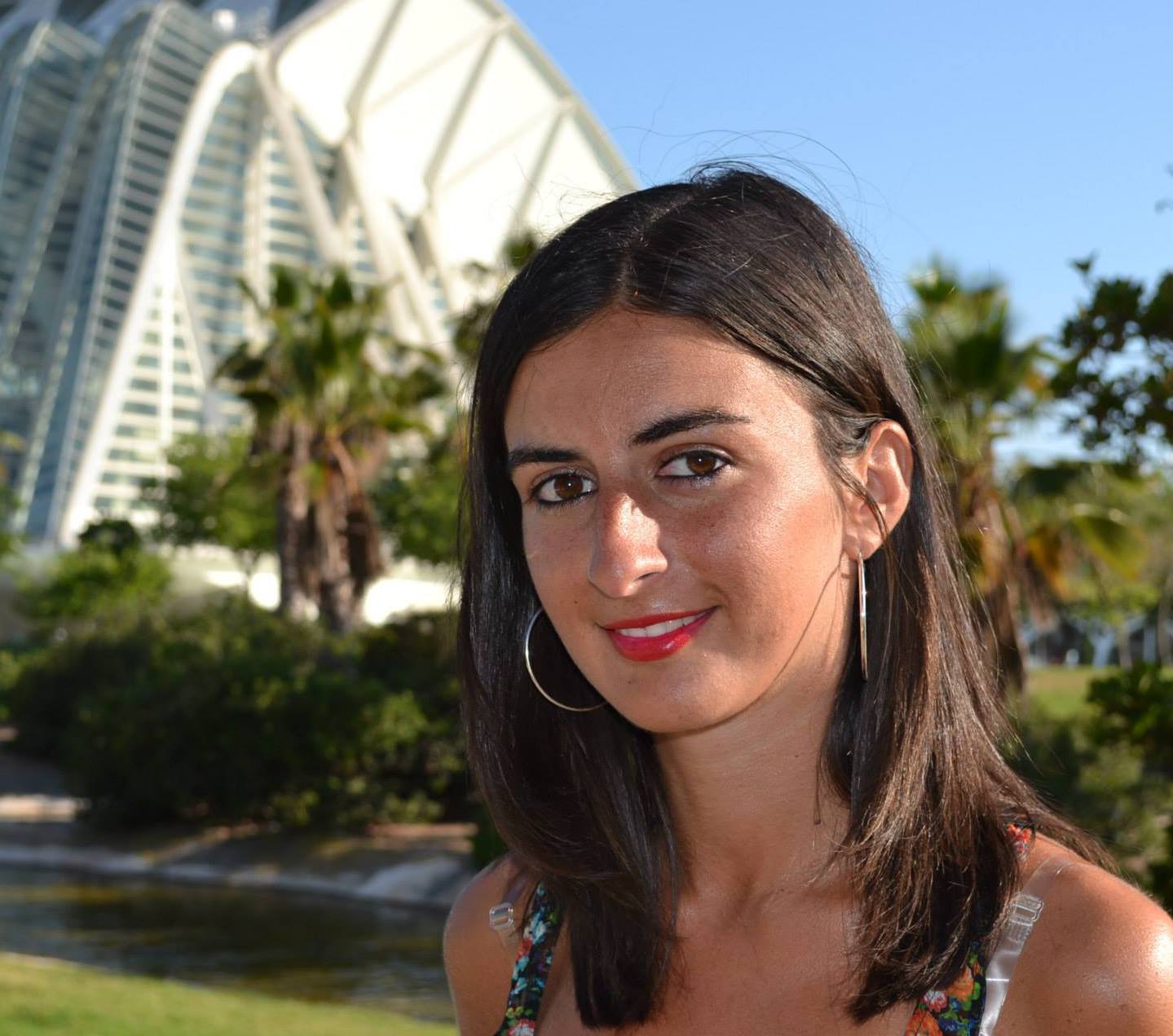
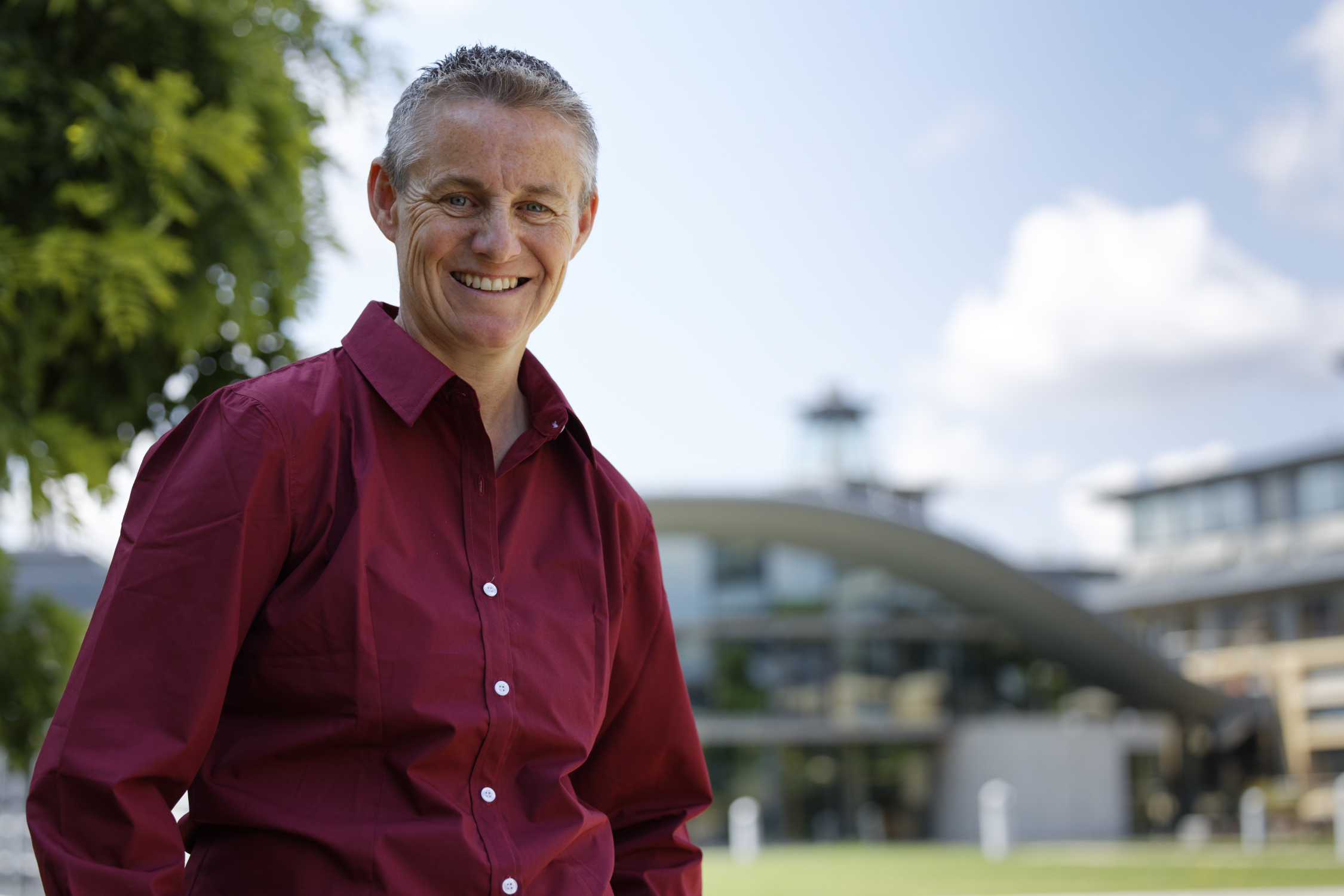
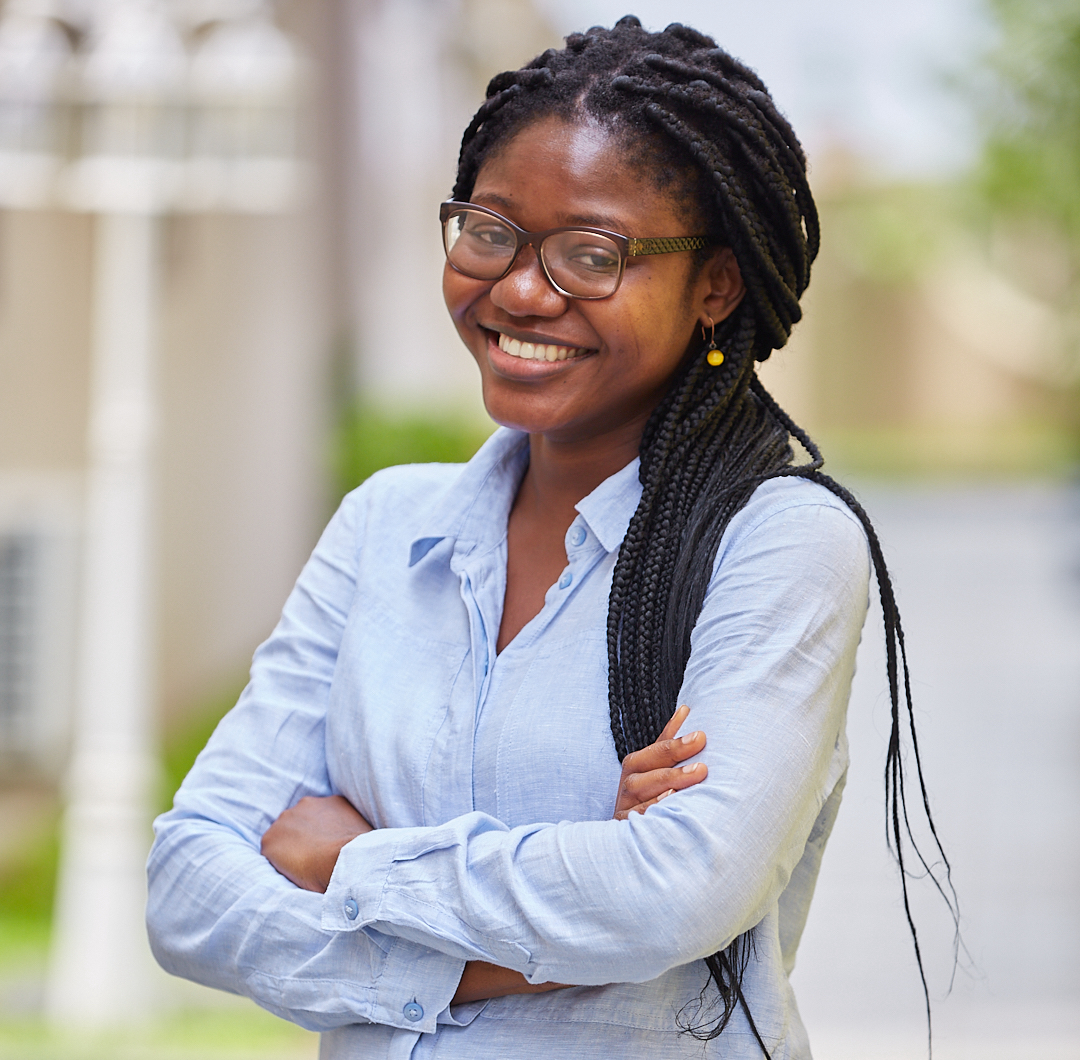
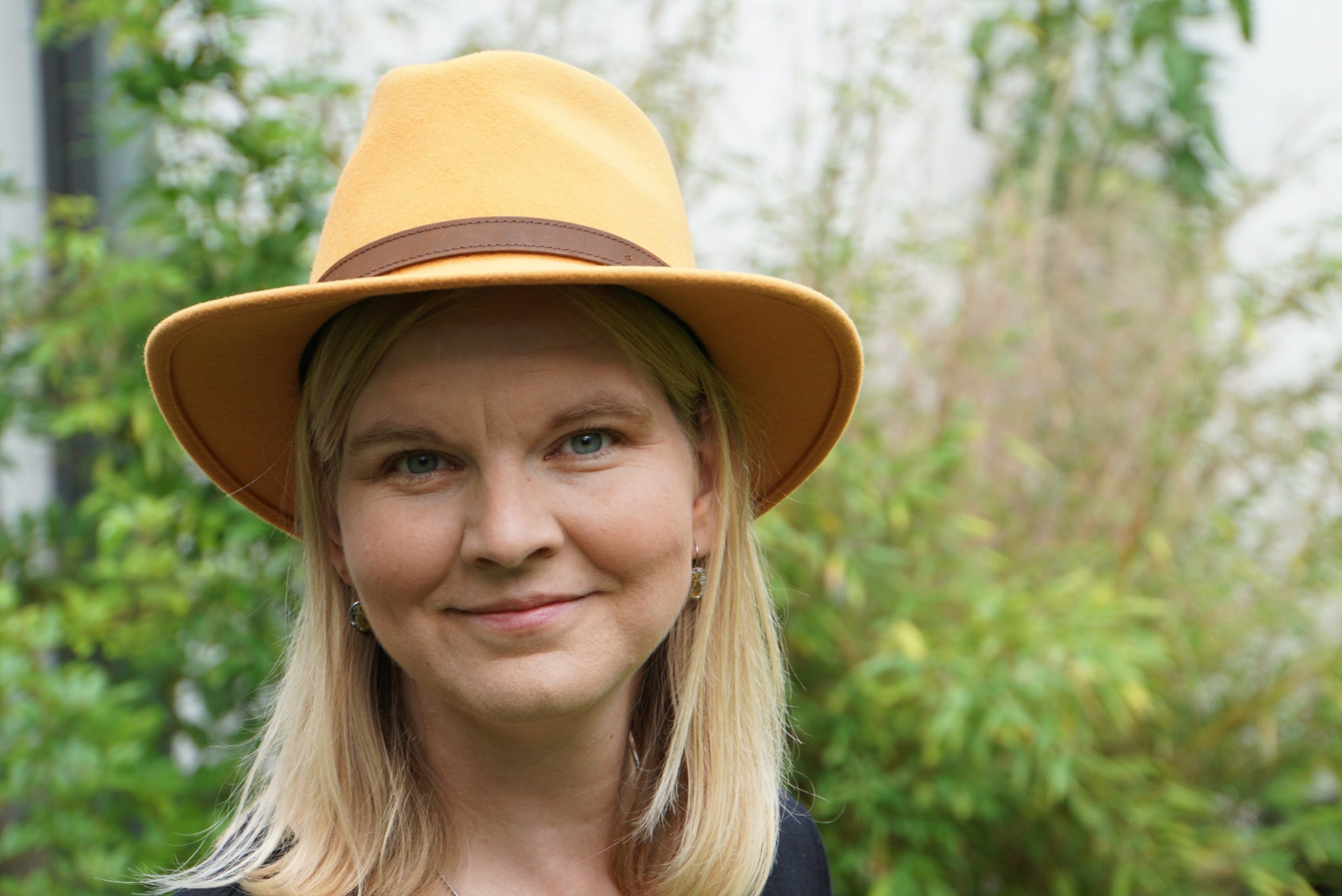

Recent Comments